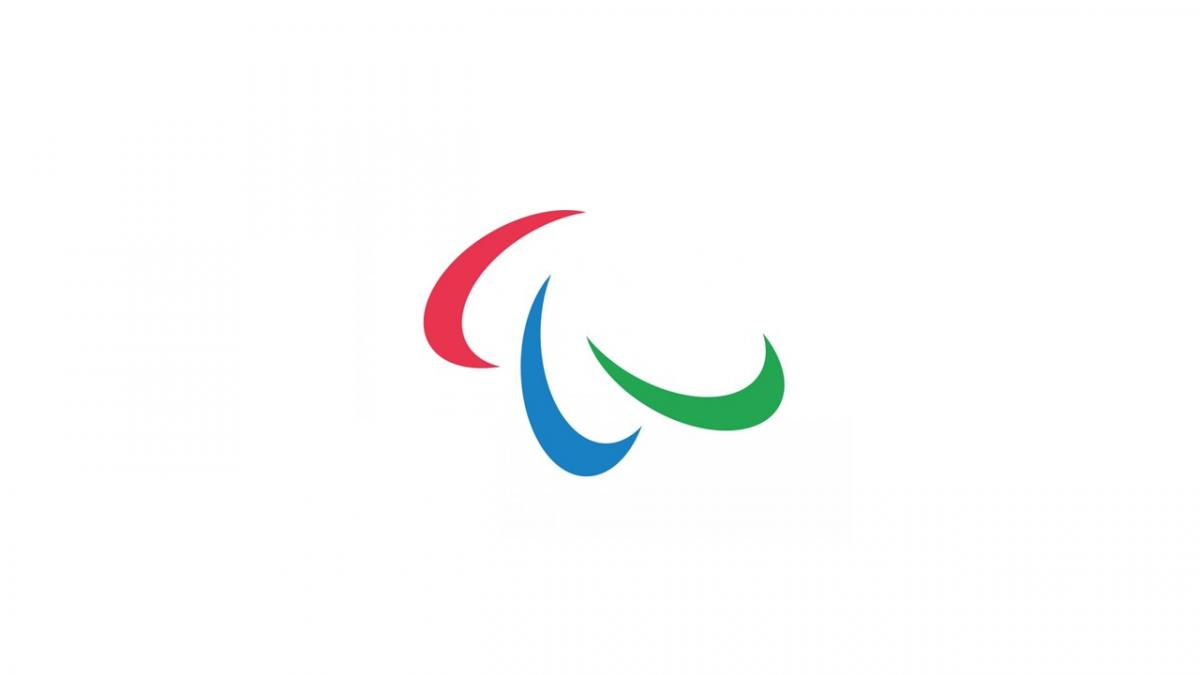Athlete Maria Antonieta Ortiz receives reprimand for breaching terms of her sanction
Chilean Para powerlifter found to have committed a violation for breaching the terms of a previous suspension under the IPC Anti-Doping Code 26 Apr 2024
The International Paralympic Committee (IPC) has issued a reprimand to Para powerlifting athlete Maria Antonieta Ortiz for breaching the terms of a previous suspension under the IPC Anti-Doping Code.
The Chilean athlete was found to have committed a violation of the prohibition against participation during Ineligibility, pursuant to IPC Anti-Doping Code Article 10.14.3.
The athlete had previously been sanctioned by the IPC with a two-year period of ineligibility starting on 4 August 2021 and ending on 3 August 2023. This resulted from an anti-doping rule violation (ADRV) in respect of an adverse analytical finding for methylhexanamine (a specified stimulant listed in class S6 of the World Ant-Doping Code Prohibited List).
The athlete violated her period of ineligibility by competing in the women’s up to 79 kg competition at the 2023 Rancagua Invitational Para Powerlifting Cup held between 2-4 August 2023. More specifically, she participated in the weigh-in process, which took place on the final day of her period of Ineligibility (3 August 2023). Under the World Para Powerlifting (WPPO) Rules and Regulations (sport technical rules), the weigh-in process forms part of the competition.
Prior to participating in the competition, the athlete (through her NPC) had contacted WPPO to check her eligibility to compete. She was provided with an erroneous response confirming her eligibility to compete, without consideration of the weigh-in process.
The athlete cooperated fully with the IPC’s investigation and accepted she had breached the IPC Anti-Doping Code, having relied on the erroneous information provided to her by WPPO.
In these specific circumstances, the IPC deemed that the athlete bore little or no fault for her violation. Having considered all the circumstances of this case, the IPC proposed a reprimand and no additional period of ineligibility as a consequence of the ineligibility violation.
The results obtained by the athlete in the women’s up to 79 kg competition at the 2023 Rancagua Invitational Para Powerlifting Cup were also disqualified, with all resulting consequences, including forfeiture of any medals, points and prizes.
The athlete accepted the consequences proposed by the IPC.
This case highlights the potential challenges for anti-doping organisations, National Paralympic Committees (NPCs), National Federations (NFs) and athletes in navigating a return to competition close to the end of an athlete’s period of Ineligibility.
Athletes are reminded that the prohibition against participation during Ineligibility or provisional suspension contained in IPC Anti-Doping Code Article 10.14.1. is very broad, and prohibits athletes from participating in any capacity in any competition or activity (other than authorised anti-doping education or rehabilitation programs) authorised or organised by any relevant organisation, including but not limited to the IPC, international federations, NPCs and NFs.
NPCs and NFs are encouraged to check in advance whether suspended athletes who are reaching the end of their period of Ineligibility will be permitted to attend a specific competition or carry out any other specific activity.
As a signatory of the World Anti-Doping Code (the WADC), the IPC remains committed to a doping-free sporting environment at all levels. The IPC has established the IPC Anti-Doping Code in compliance with the general principles of the WADC, including the WADC International Standards, expecting that, in the spirit of sport, it will lead the fight against doping in sport for athletes with an impairment.

 Facebook
Facebook
 Instagram
Instagram
 Twitter
Twitter
 Youtube
Youtube
 TikTok
TikTok
 Newsletter Subscribe
Newsletter Subscribe




